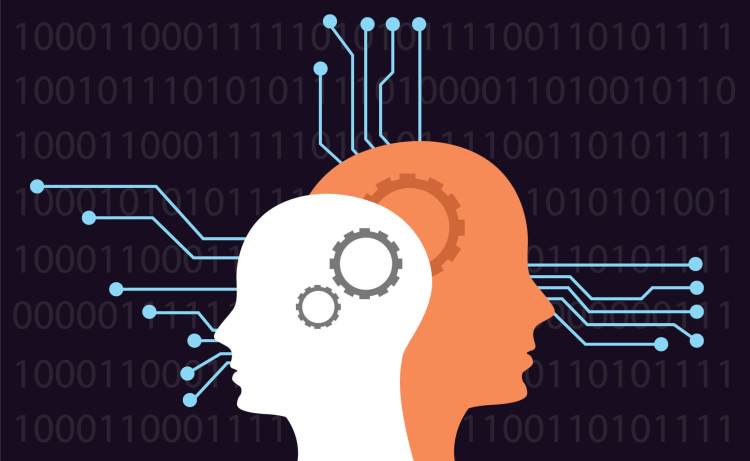Artificial intelligence has the opportunity to affect almost every aspect of how we live and consume. I struggle to think of a single industry that could not be transformed through AI technologies, leading to huge gains in effectiveness or efficiency. Yet it’s sometimes hard to see a place for AI in particular businesses or organizations, especially if there’s an established product, workflow, and way of thinking. Because of this, it can be easy to overlook the opportunities afforded by some of the most revolutionary technologies of our age.
To see these opportunities, it is important to remember that powerful AI methods have not been around for very long. For example, while the ideas underlying what is today called “deep learning” have been around for decades, effective implementations of those ideas have only existed for a handful of years. Therefore, the world is designed to function without AI. And almost all our products and businesses are designed around the lack of effective AI.
A revolutionary technology is just that: revolutionary. To appreciate its potential, we need to break out of thought patterns that were formed when the technology did not exist. We need to rethink designs that are built on its absence.
To illustrate this, let me give you an example from a domain I’m intimately familiar with: video game development. The video game industry is arguably the largest of the entertainment industries, and definitely the fastest growing. It is also inherently high-tech; games rely on advances in processing, graphics, and interfaces, among other technologies. Many of its employees are young and infatuated with technology. The game industry should be receptive and eager for advances in AI.
Many game designers and developers, however, think some new AI methods are not needed in their games, for a whole host of reasons.
One possibility is having non-player characters with machine learning that can adapt during play and serve up interesting new behaviors, but developers may be unreceptive because they wouldn’t know what these characters might do, and players expect characters to be predictable.
AI could be generating the story of the game automatically, which would save money in development and allow the game to be infinitely replayable, but a developer may think that’s dangerous: What if the AI generated a story the player found appalling?
Developers could use AI to model the player’s preferences and skills and adapt the game to the player — but again, most game developers see AI as superfluous and too risky.
The root cause of this mindset is that most games are designed to not need AI. When video games were invented, many AI algorithms had not yet been invented, and personal computers were not powerful enough to run those that existed. As a result, game designers resorted to creating the “illusion of intelligence” through the code equivalent of elaborate smoke and mirrors. And these designs endure. That’s why, when you play a big-budget title such as Call of Duty or Grand Theft Auto, there is no trace of the amazing progress in AI we’ve seen in the past decade. And that’s why many game designers insist they get along perfectly fine without AI, and why players have learned to not expect more.
If we flip the perspective, we can start with an AI capability and see how we can design based on it. The indie game phenomenon Spelunky is based on the automatic generation of levels, and No Man’s Sky, the most talked about game of 2016, is built around AI-based generation of complete worlds. The best-selling life-simulator game The Sims 4 relies on the relatively — for a game — complex AI powering its characters rather than on traditional game design.
To make progress in video games, we must look behind limiting designs and reimagine what a game could be, based on recent advances in AI. This is the very core of what I do. There are also companies devoted to enabling the coming AI-based game revolution, such as Mobius AI, which makes cognitive middleware for a new generation of AI-enabled games, and Playabl, which rethinks narrative games.
Everything in the world is not gaming related, but it’s worth considering how businesses and products can be used to take advantage of the wonderful new possibilities AI can give.
VentureBeat's mission is to be a digital town square for technical decision-makers to gain knowledge about transformative enterprise technology and transact. Learn More

